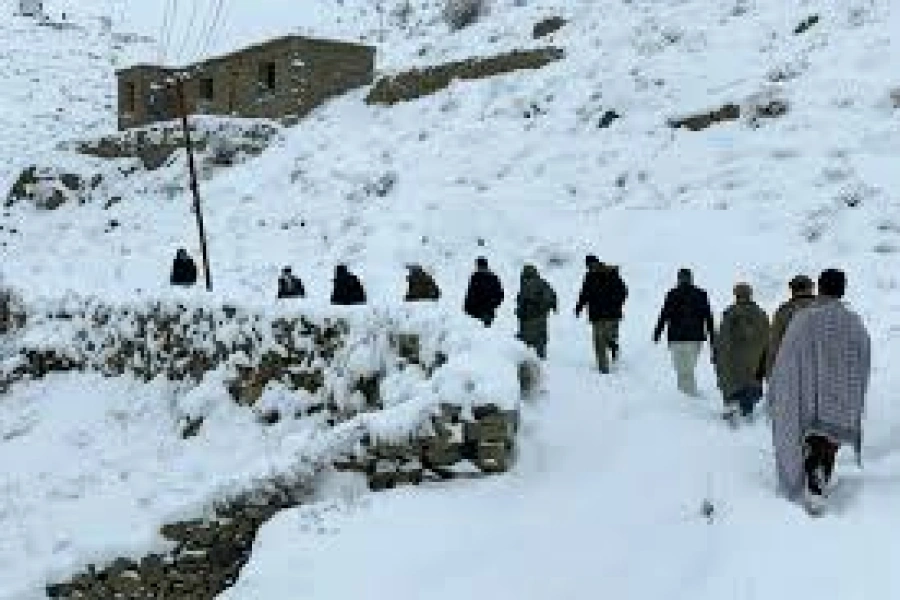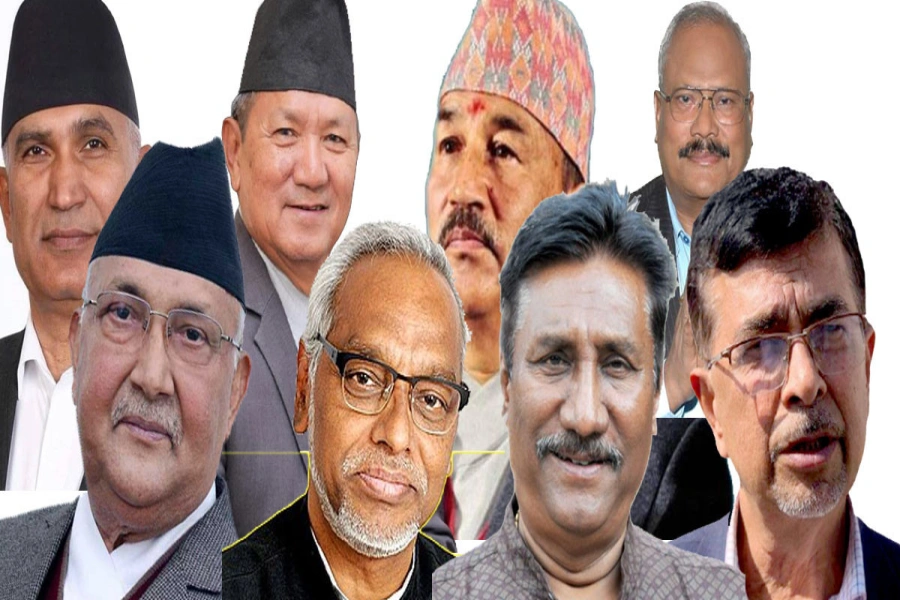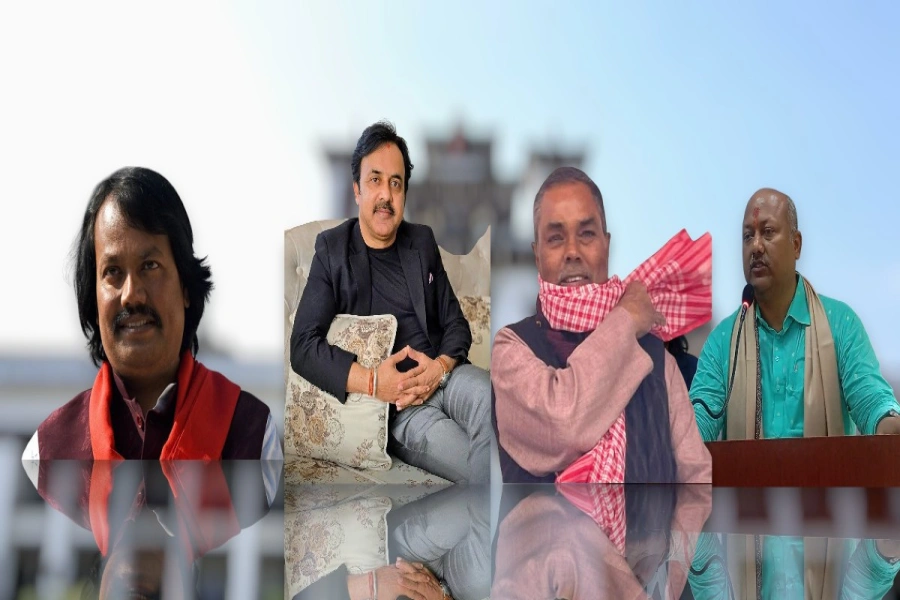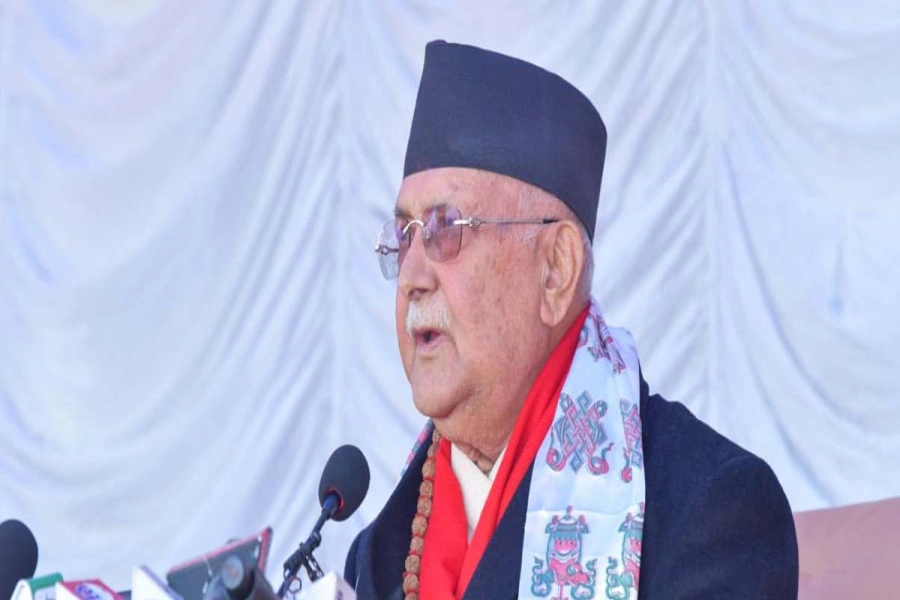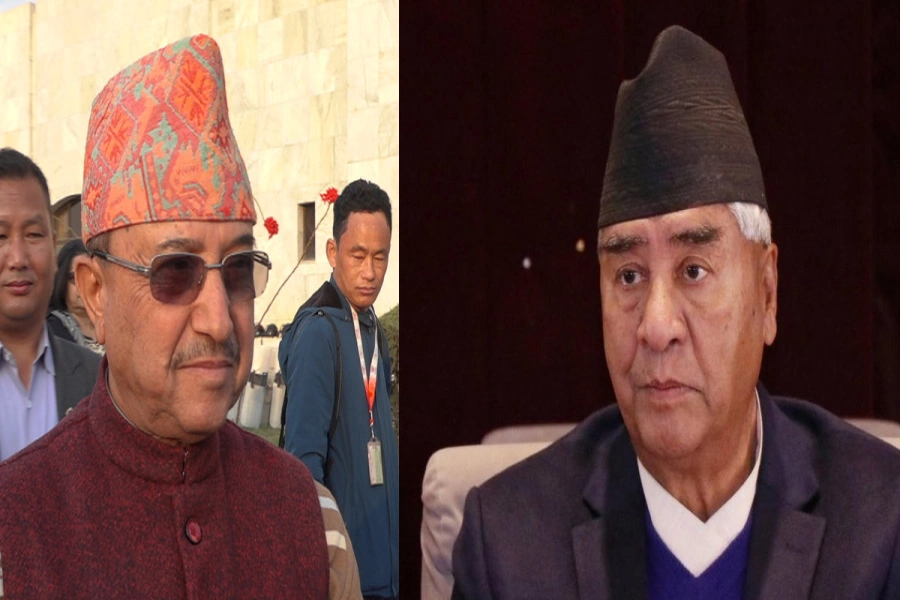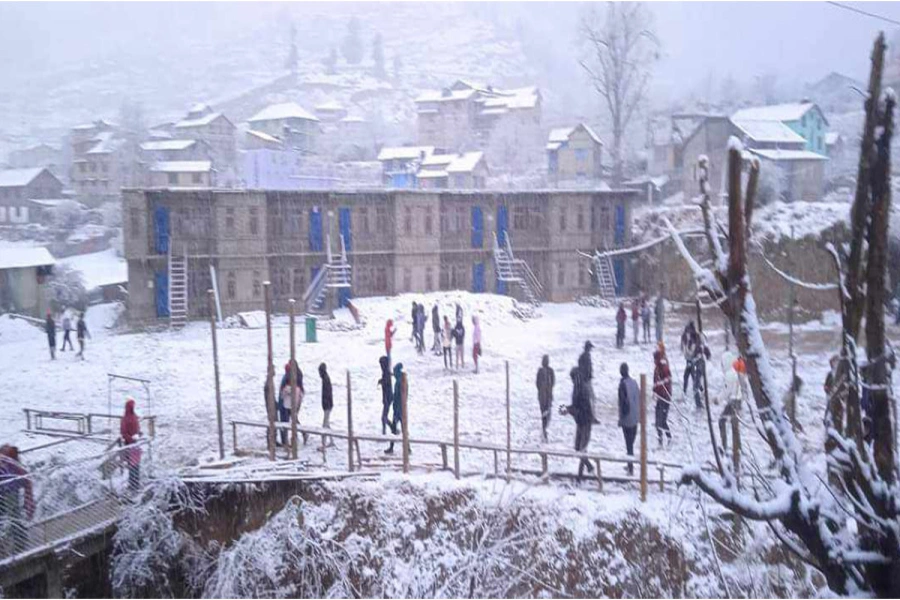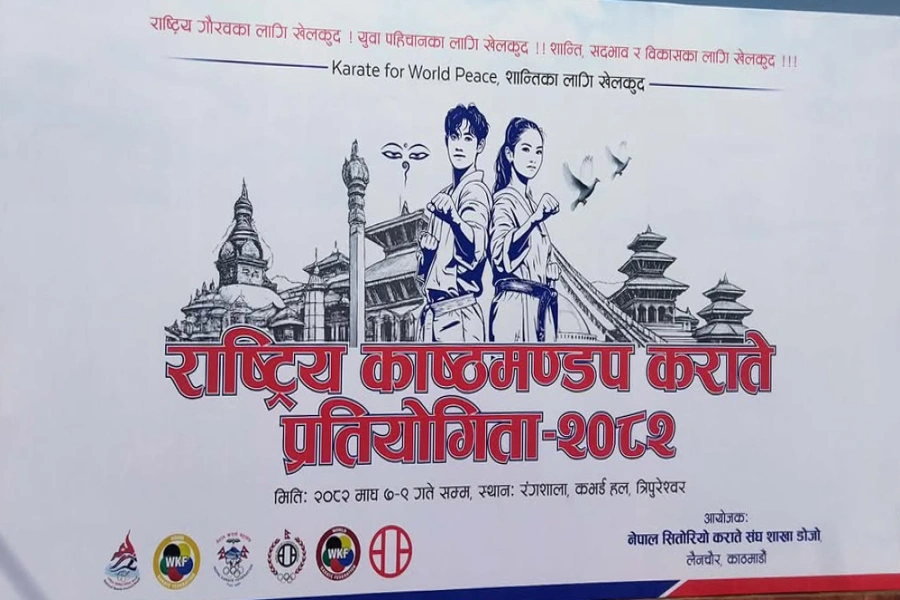For me, as an academic taking interest in issues like business ethics, corporate social responsibility and anti-corruption, keeping aside highly personalized attacks and innuendos, Mr Shrestha’s appointment opens up a never-ending debate on nexus between business and politics in Nepal. Once again, I repeat, business is politics and politics is business in my Nepal.
I faced difficulty while trying to jot down my ideas on the issue: should I entitle this piece as “Politics and Business” or “Business and Politics”? In Nepal, business is politics and politics is business. A mere positioning of the words will not confer any significant differences.
With the appointment of Mr Umesh Shrestha, a prominent businessman making his career in the education sector, as the Minister of State for Health, the media in general and social media in particular is replete with founded and unfounded criticisms – some seeking to tarnish the image of the Deuba administration while others making a direct attack on Mr Shrestha. At one extreme, one can read news like “a health mafia owning five hospitals awarded with health minister” or “He is the one, along with Mr Chaudhari, who funded Nepali Congress in the last general elections and his appointment is a mere payback.” Some members of the civil society, including Dr Govinda KC, have gone out protesting against Shrestha’s appointment. There are also other protests coming from within the Nepali Congress, particularly from those who were eagerly expecting Mr GaganThapa, an NC young gun, to take over the health minister portfolio. The abrupt, unexpected arrival of Mr Shrestha must have taken them by surprise.
Business ideas matter

Meanwhile, some private sector business people have come out to defend Mr Shrestha by posing a question: is there a code of conduct in politics barring business people from holding ministerial positions? For me, as an academic taking interest in issues like business ethics, corporate social responsibility and anti-corruption, keeping aside highly personalized attacks and innuendos, Mr Shrestha’s appointment opens up a never-ending debate on nexus between business and politics in Nepal. Once again, I repeat, business is politics and politics is business in my Nepal. Whether one agrees or disagrees with me, it is immaterial. One has to dig deeper into why the Late Diwakar Golchha failed to vote during the first CA meeting to abolish the monarchy from Nepal. The official version was: he could not enter the CA meeting room because the doors were already locked during the voting session. Similarly, a deeper reading of Binod Chaudhary’s auto-biography will tell ample reasons behind his rise (and fall).
Probably, as a countermeasure against social media criticism, Minister Shrestha has declared, other than security related matters, not to take any pay, perks and privileges from the state coffers during his tenure. He is also reported to have renounced his positions from the hospitals and educational bodies he has financial and other interests. This is to avoid conflict of interest. To quell down his appointment protests, he has also declared his commitment to fight pandemic ensuring vaccination for every Nepali citizen by February next year. Some of these moves may have come out as a damage control mechanism but what he should have done at the very start is declaration of his property, abiding by conflict of interest clauses and renouncing state privileges rather than reacting to public criticism.
Personally, I must have met Mr Shrestha twice, once at his LA School of Management under-graduate students’ orientation program and on the other occasion during my association with National Business Initiative (NBI) – a private sector CSR wing. I am still wondering why a business person like Mr Umesh Shrestha, with his stature, is content with a junior political position like a state minister? That is, he is not even appointed as a full minister.
Ages back, during my stint with the Staff College, when I was specializing in the management of state-owned enterprises, a British academician coming to lecture on the state of nationalized industries in the UK was posed a remarkable question by managers drawn from public enterprises in Nepal. He was asked about the appointment criteria for the chairpersons or Board of Directors of the nationalized industries in Britain. The three pre-dominating criteria he outlined still ring my ear. These included: first, the person should come from a private sector background, must have substantial experience in managing private sector industries. This was to transplant private sector management into the public sector. Remember, those were the heydays of Thatcherism. Second, They must be senior people, definitely, not senile people. This is to call for their experience, respect for seniority. Finally, the third and most amazing one for me, is that they must be very very rich people. This is to avoid possibly petty corruption and pecuniary interests in managing state-owned enterprises. If these criteria are put to work in Nepal, people will not only laugh but will get angry as well. I don’t know if there is a word in English that combines an ambivalent state of laughing and anger at the same time.
Much of the problems with business and politics in Nepal rest with the private sector becoming too private, that is, too much opaqueness and politics becoming too transparent. These two features of these two sectors, namely, opaqueness of the private sector and transparency of the political sector do not match. Definitely, one needs to find a judicious way to deal with the seemingly contradictory features.





